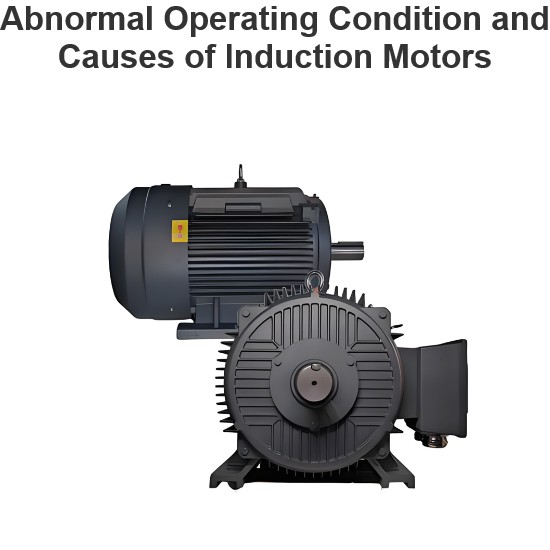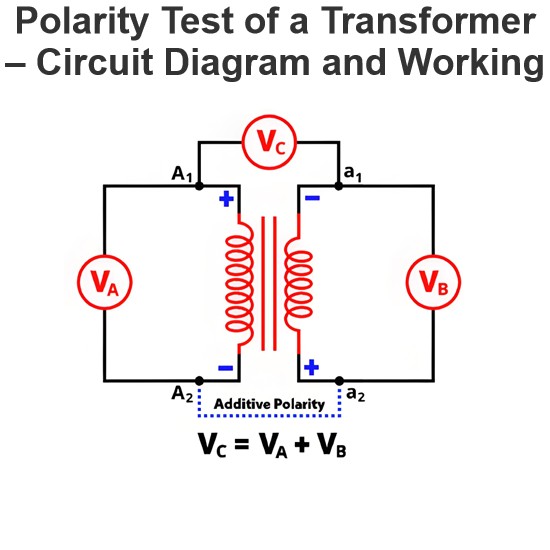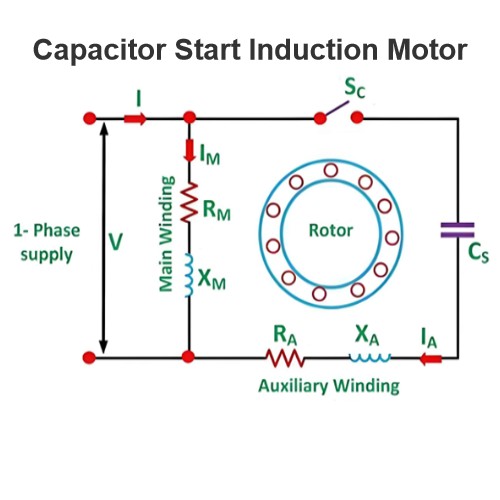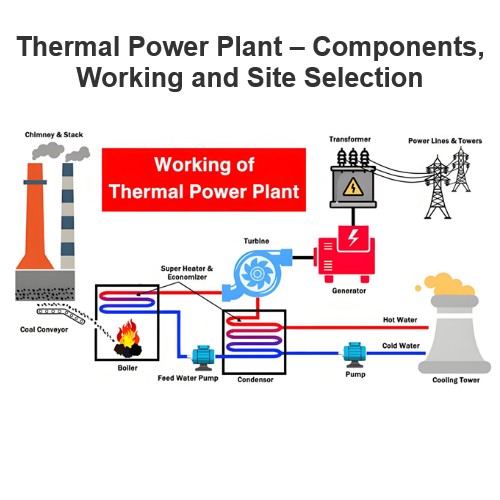What are the advantages and disadvantages of using a DC motor as a generator compared to an AC motor?
Comparison of Advantages and Disadvantages of DC Motors and AC Motors as Generators
Advantages of DC Motor as a Generator:
Good speed regulation performance: DC motors can achieve precise speed regulation by changing the power supply voltage or the rotor current.
Good Reverse Performance: DC motors can change the rotation direction of the motor by changing the direction of the current.
High Efficiency: DC motors have relatively high efficiency, converting electrical energy more effectively.
Disadvantages of DC Motor as a Generator:
Structurally Complex: DC motors have relatively complex structures, including components such as brushes and commutators, which increase maintenance difficulty.
Higher Cost: Due to its complex structure and higher manufacturing process requirements, DC motors generally cost more than AC motors.
High maintenance requirements: Components such as brushes and commutators require regular maintenance and replacement, increasing maintenance costs and downtime.
Comparison of Advantages and Disadvantages of DC Motors and AC Motors as Electric Motors
Advantages of DC Motors as Motors:
Low Starting Current: When a DC motor starts, the current is relatively small, which is beneficial for protecting the power supply system.
Good speed regulation performance: Direct current (DC) motors can achieve precise speed control by changing the power supply voltage or the rotor current.
High Efficiency: DC motors have relatively high efficiency, converting electrical energy more effectively.
The disadvantages of DC motors as electric motors:
Structurally Complex: DC motors have relatively complex structures, including components such as brushes and commutators, which increase maintenance difficulty.
Higher Cost: Due to its complex structure and higher manufacturing process requirements, DC motors generally cost more than AC motors.
High maintenance requirements: Components such as brushes and commutators require regular maintenance and replacement, increasing maintenance costs and downtime.
In summary, DC and AC motors have their own advantages and disadvantages. The choice of which type of motor to use depends on the specific application requirements, such as the need for precise speed control, frequent reversing, and sufficient budget for maintenance. In practical applications, engineers weigh various factors based on specific circumstances to select the most suitable motor type.
The Electricity Encyclopedia is dedicated to accelerating the dissemination and application of electricity knowledge and adding impetus to the development and innovation of the electricity industry.













